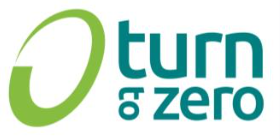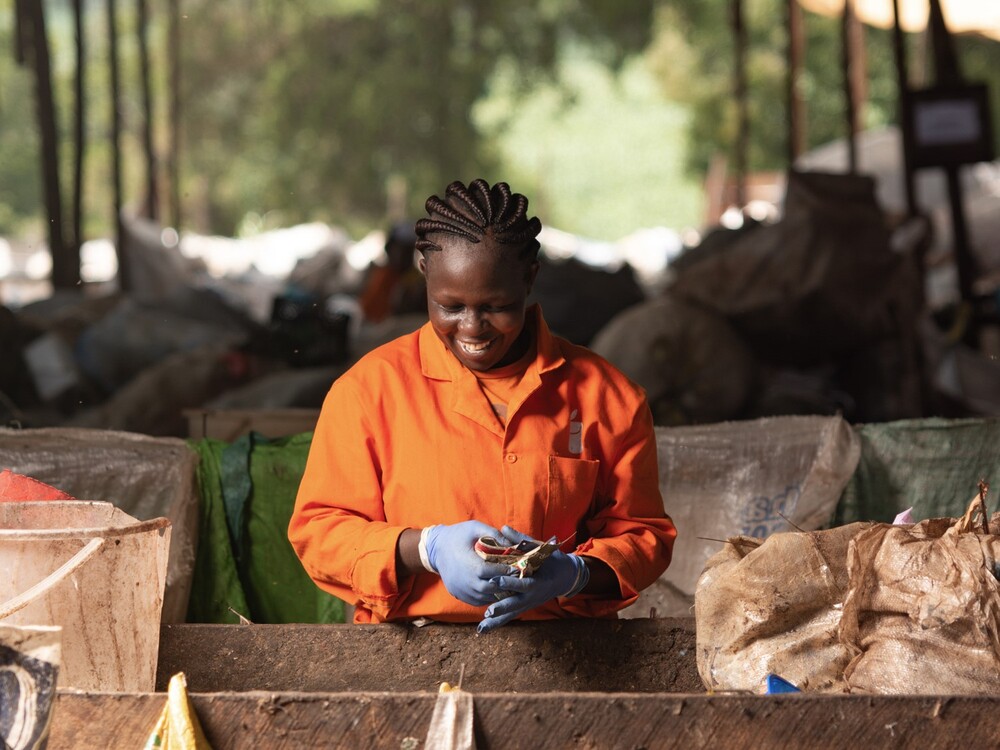Project facts
Project type: Waste management and handling
Project location : Nairobi, Kenya
Project standard: Gold Standard VER
Annual emission reduction: 6.275 t
Project start: October 2013
The 4.5 million residents of Nairobi, the capital of Kenya, burn their trash or dump it illegally in the city because adequate waste disposal is unaffordable. This climate protection project provides affordable waste management services: 95 per cent of collected waste are recycled or composted. Thereby reducing carbon emissions.

